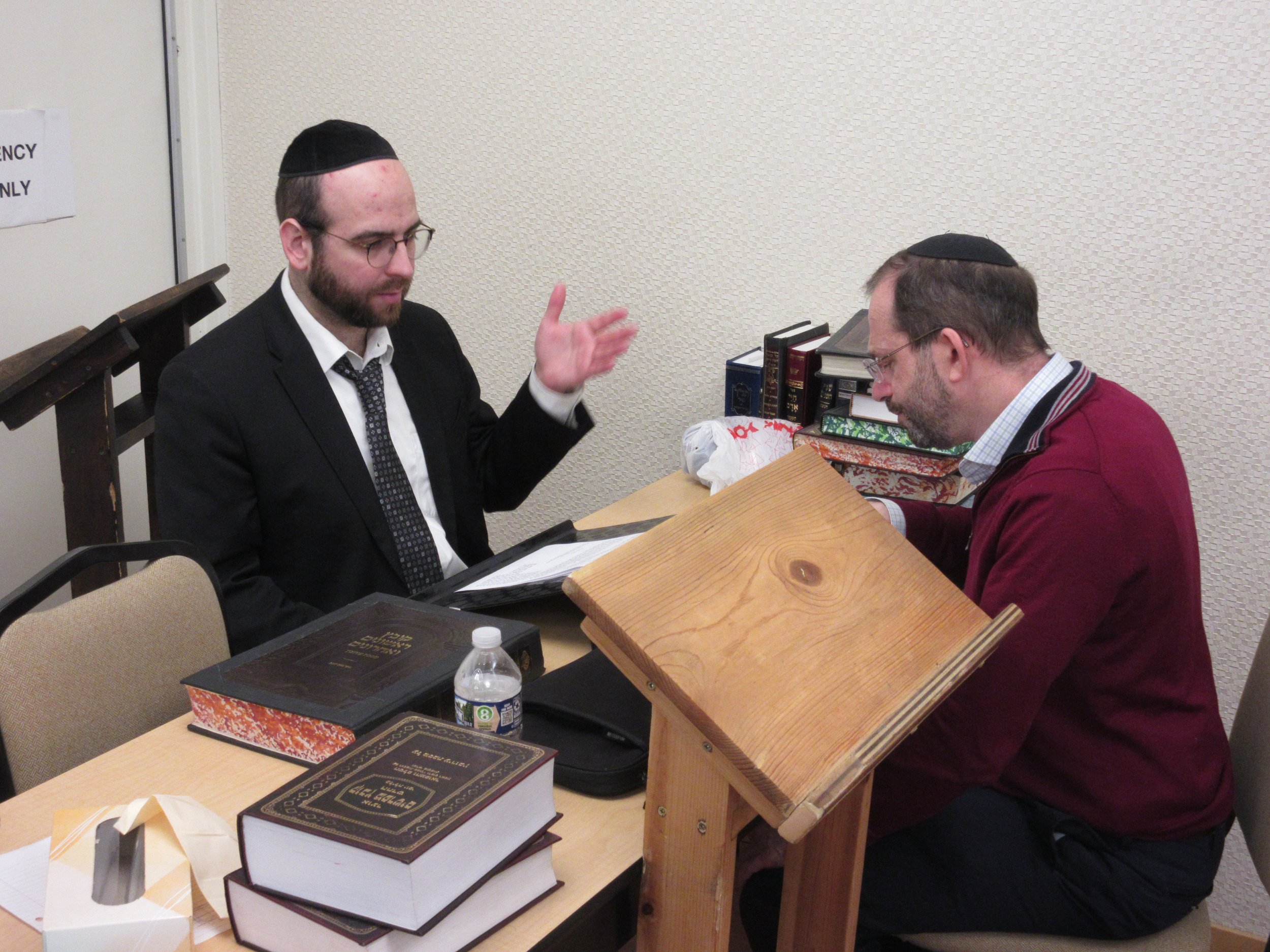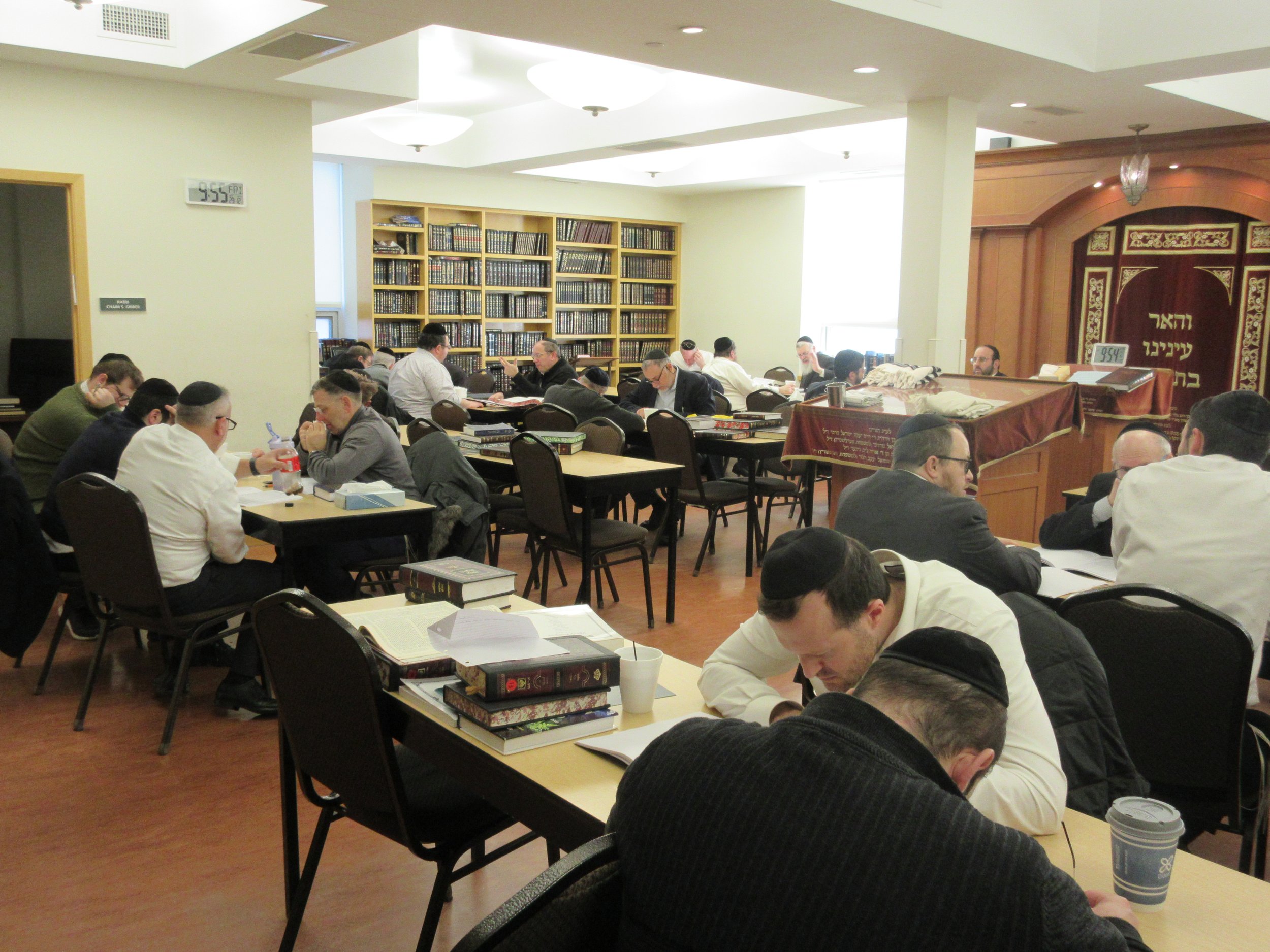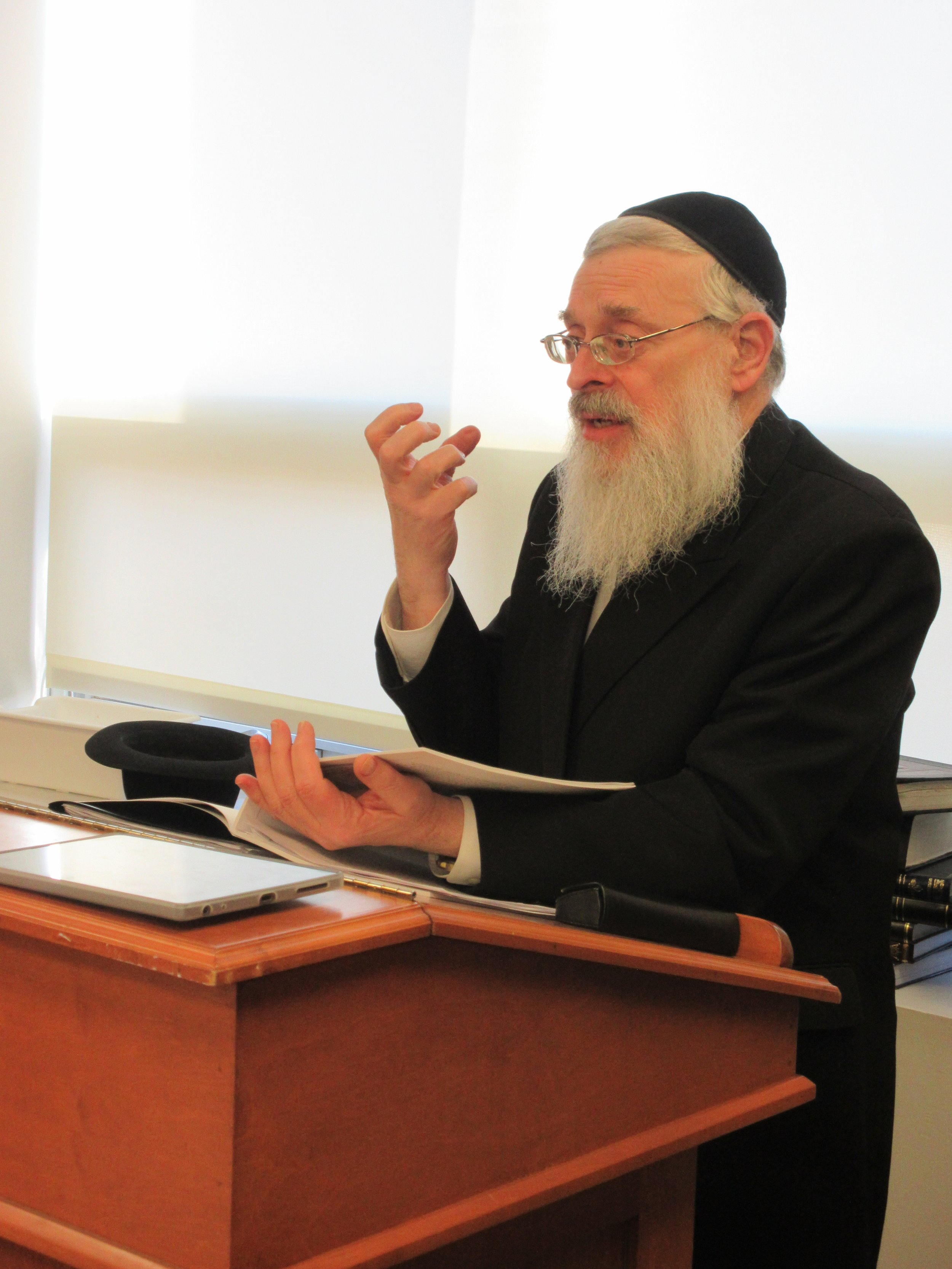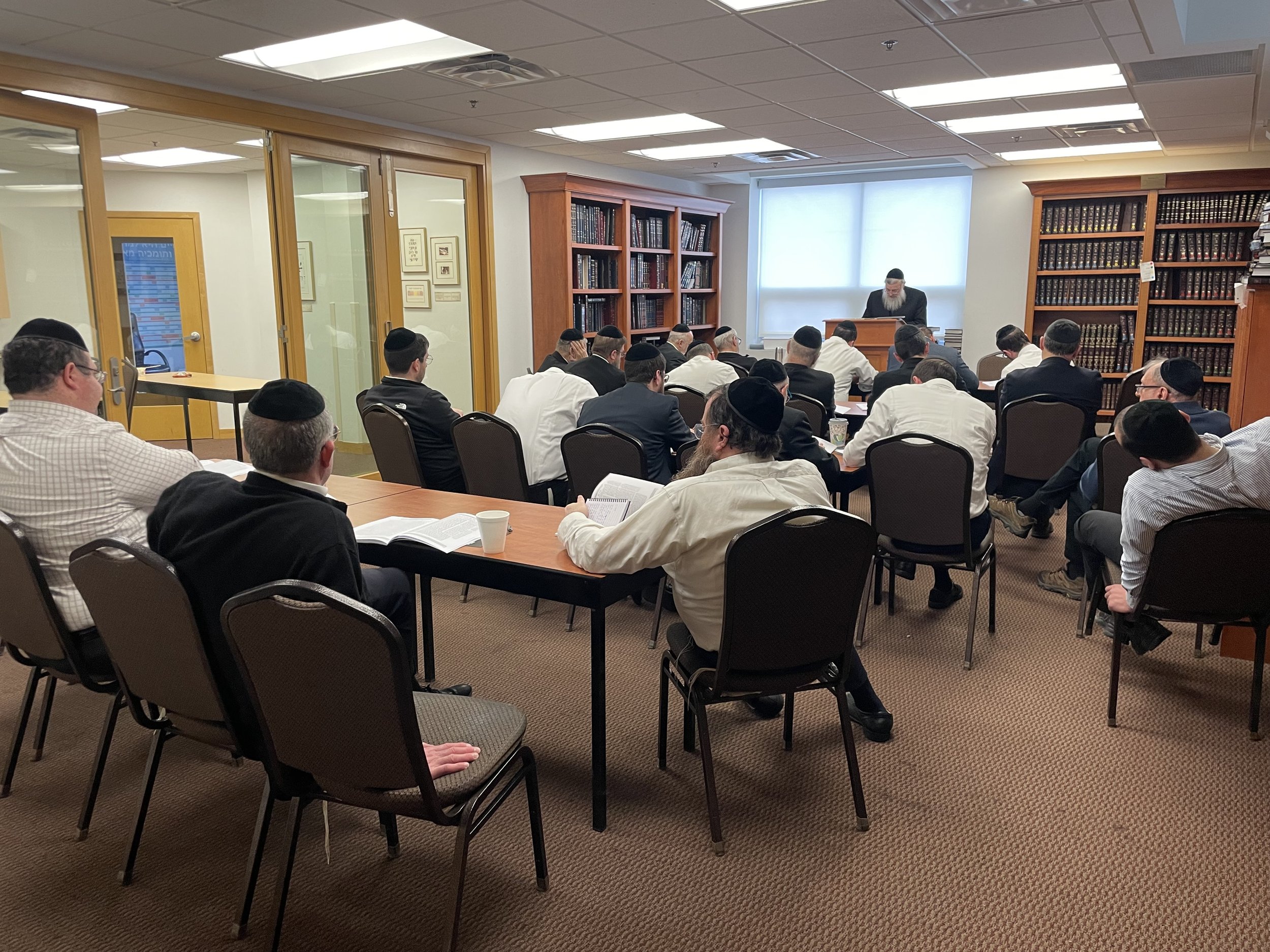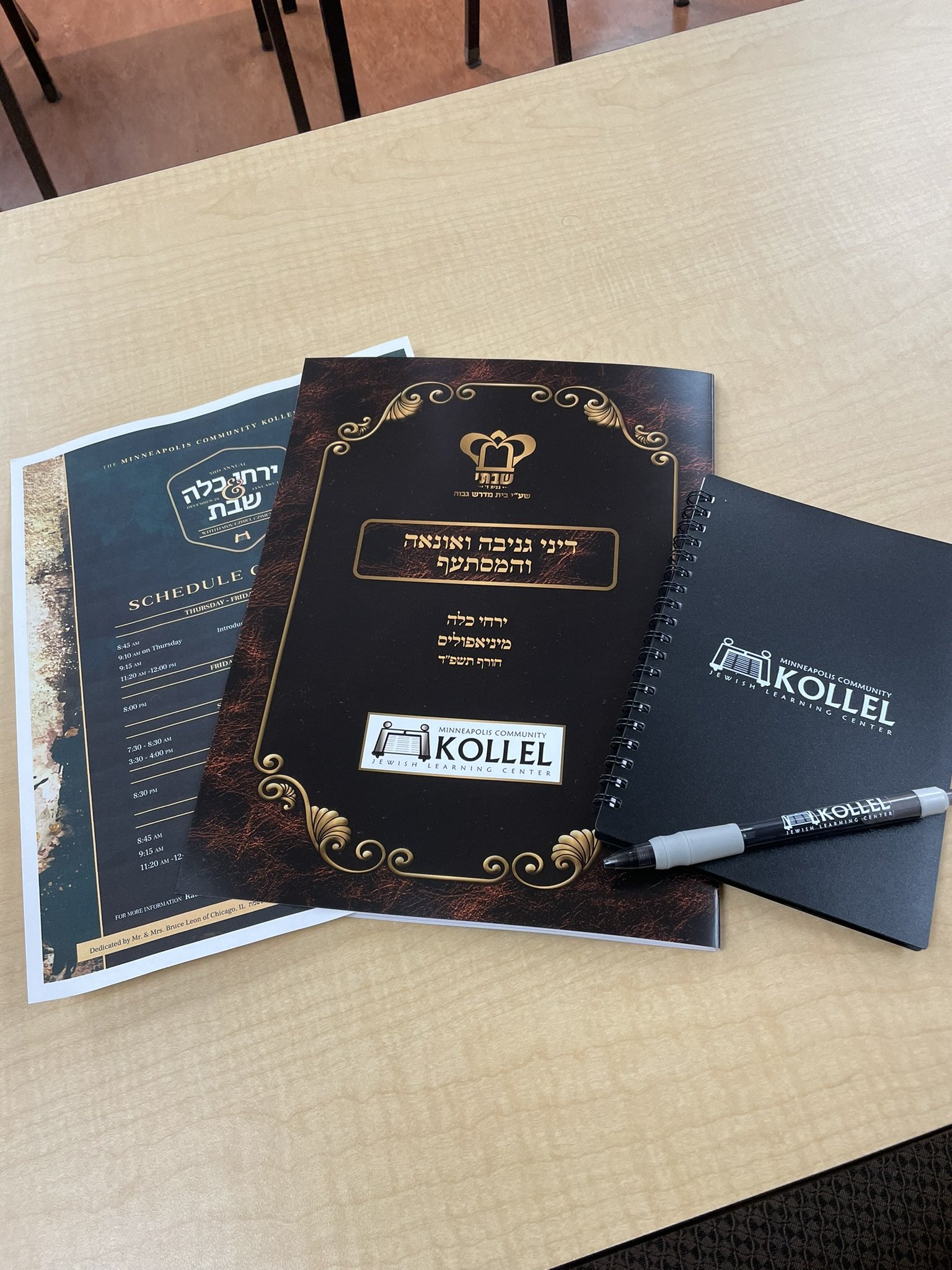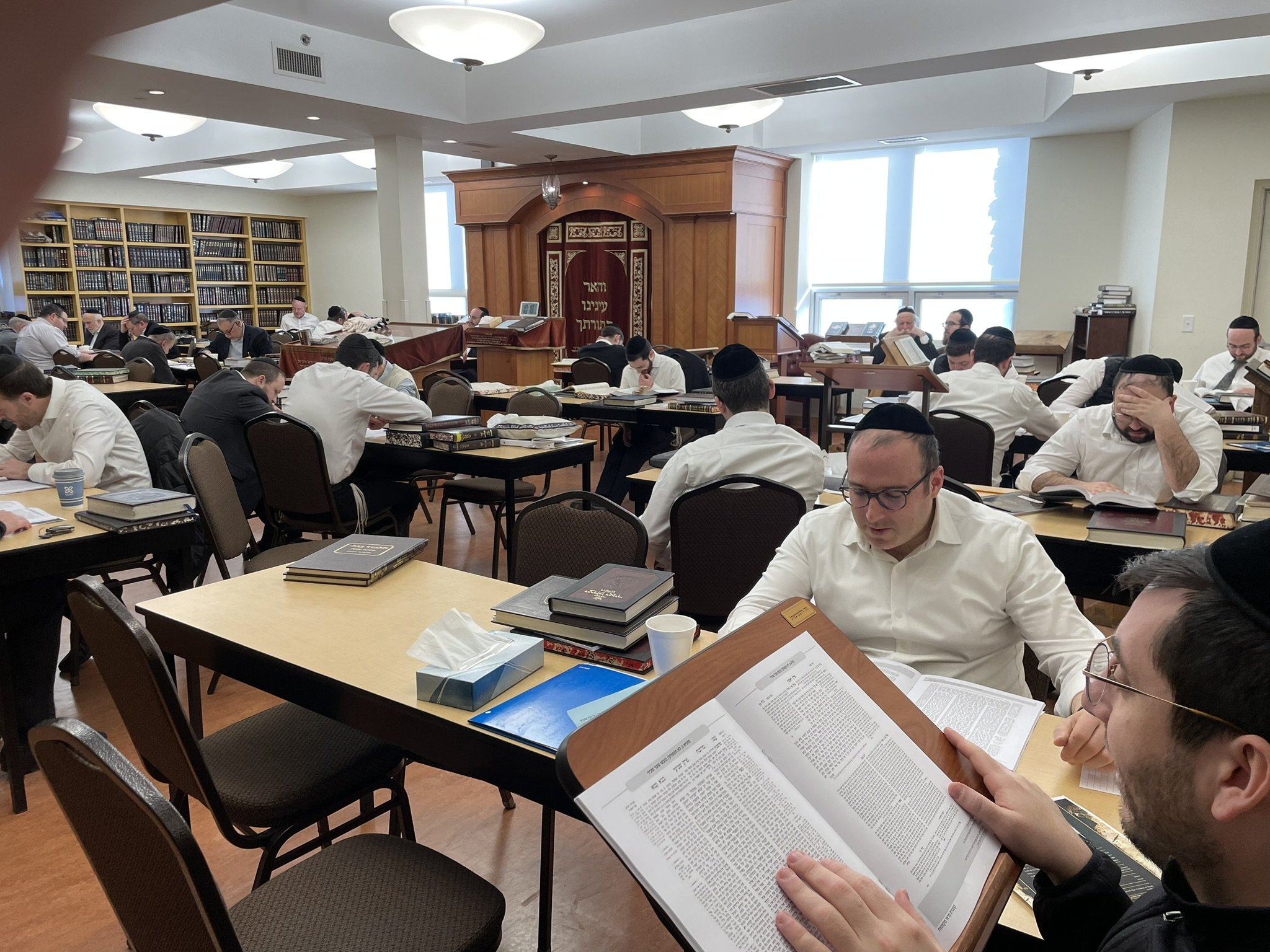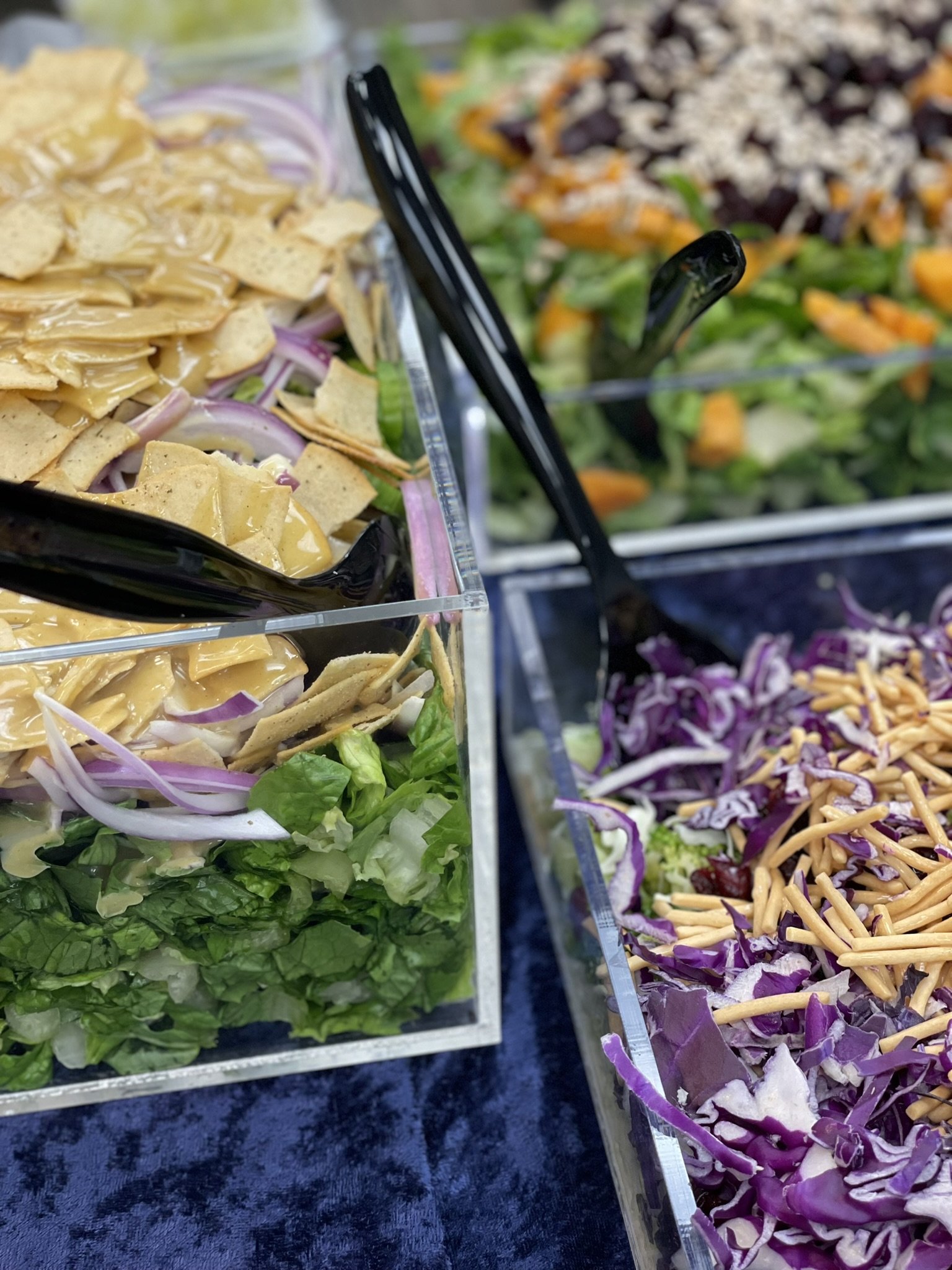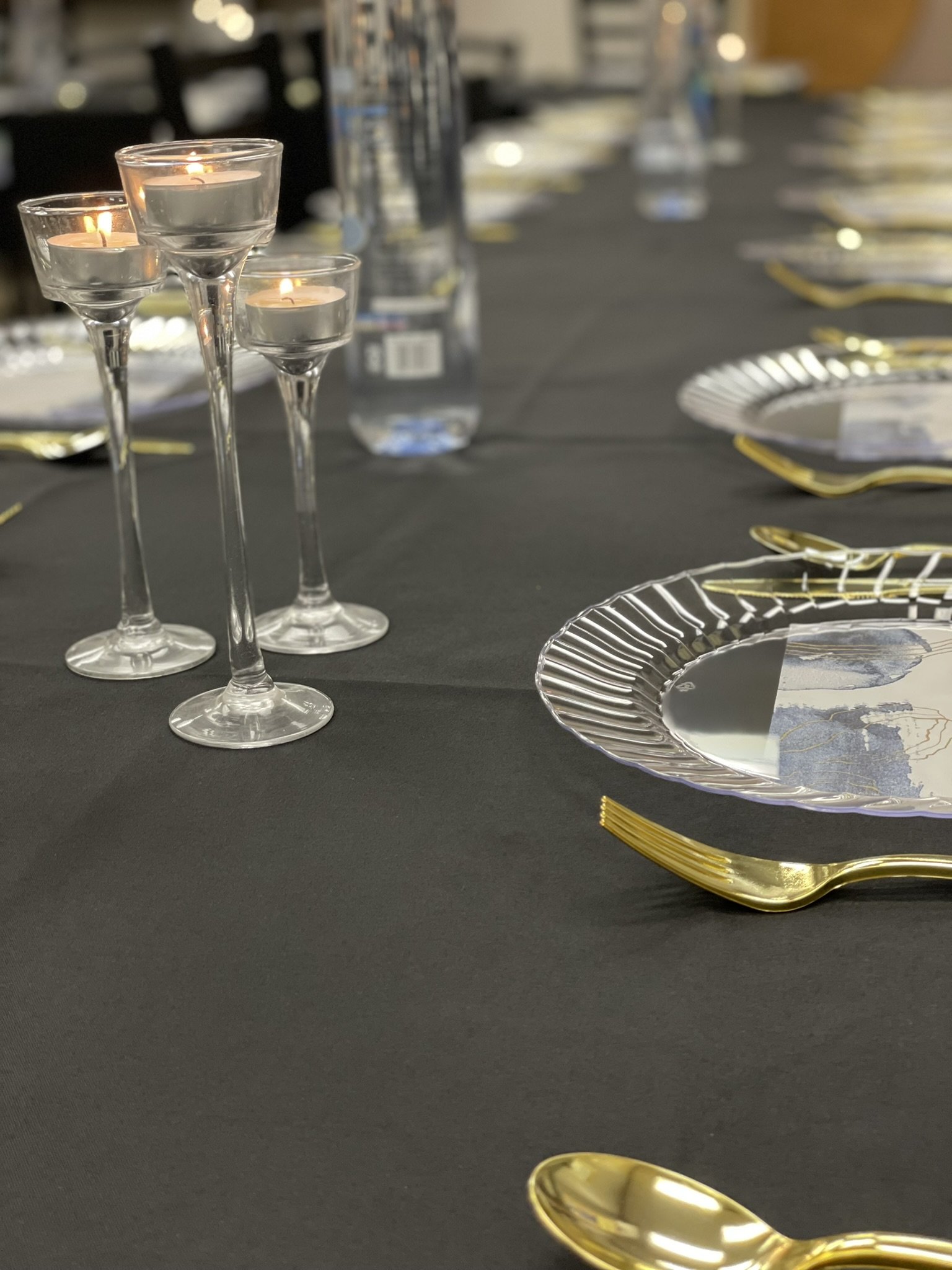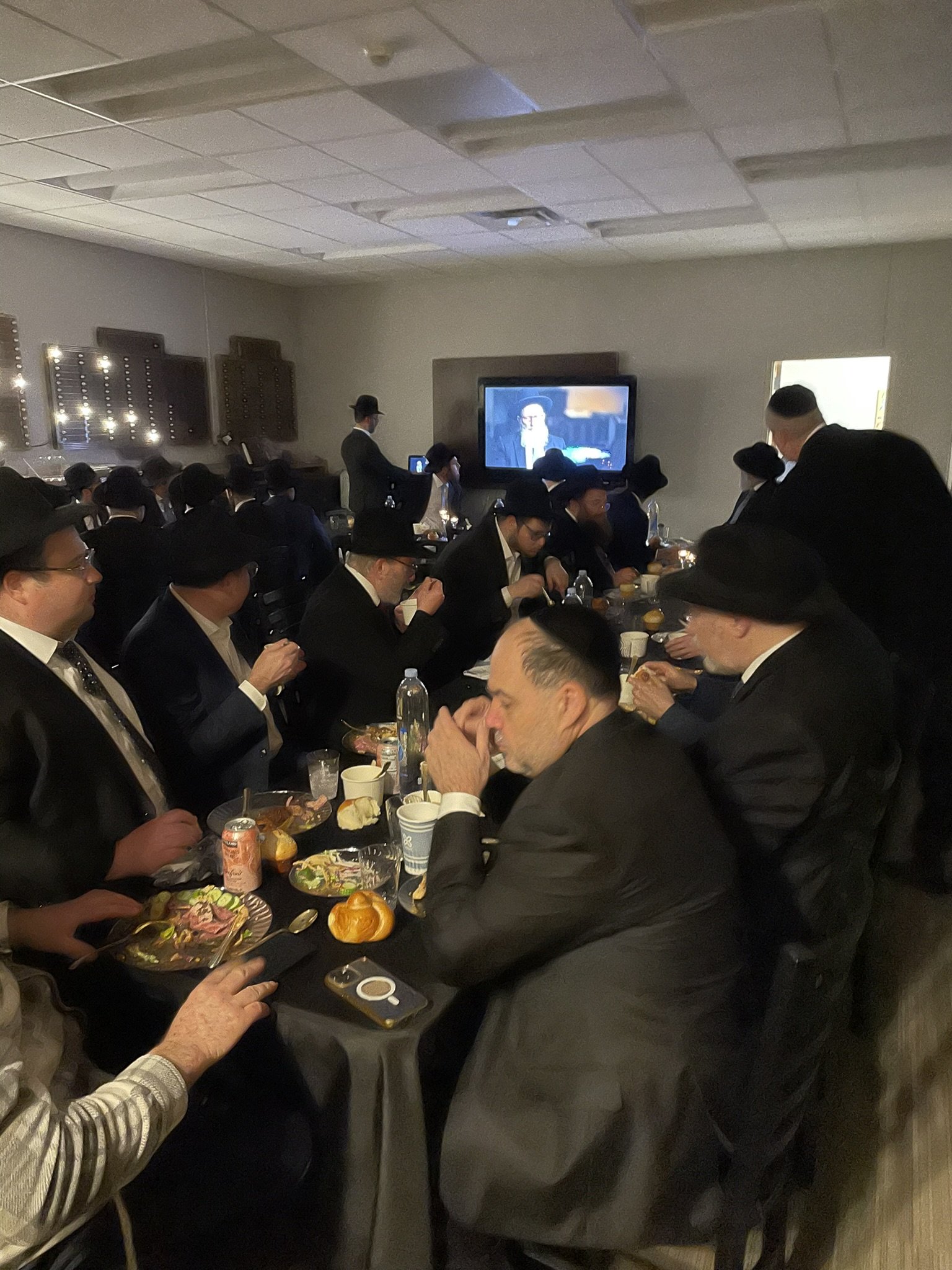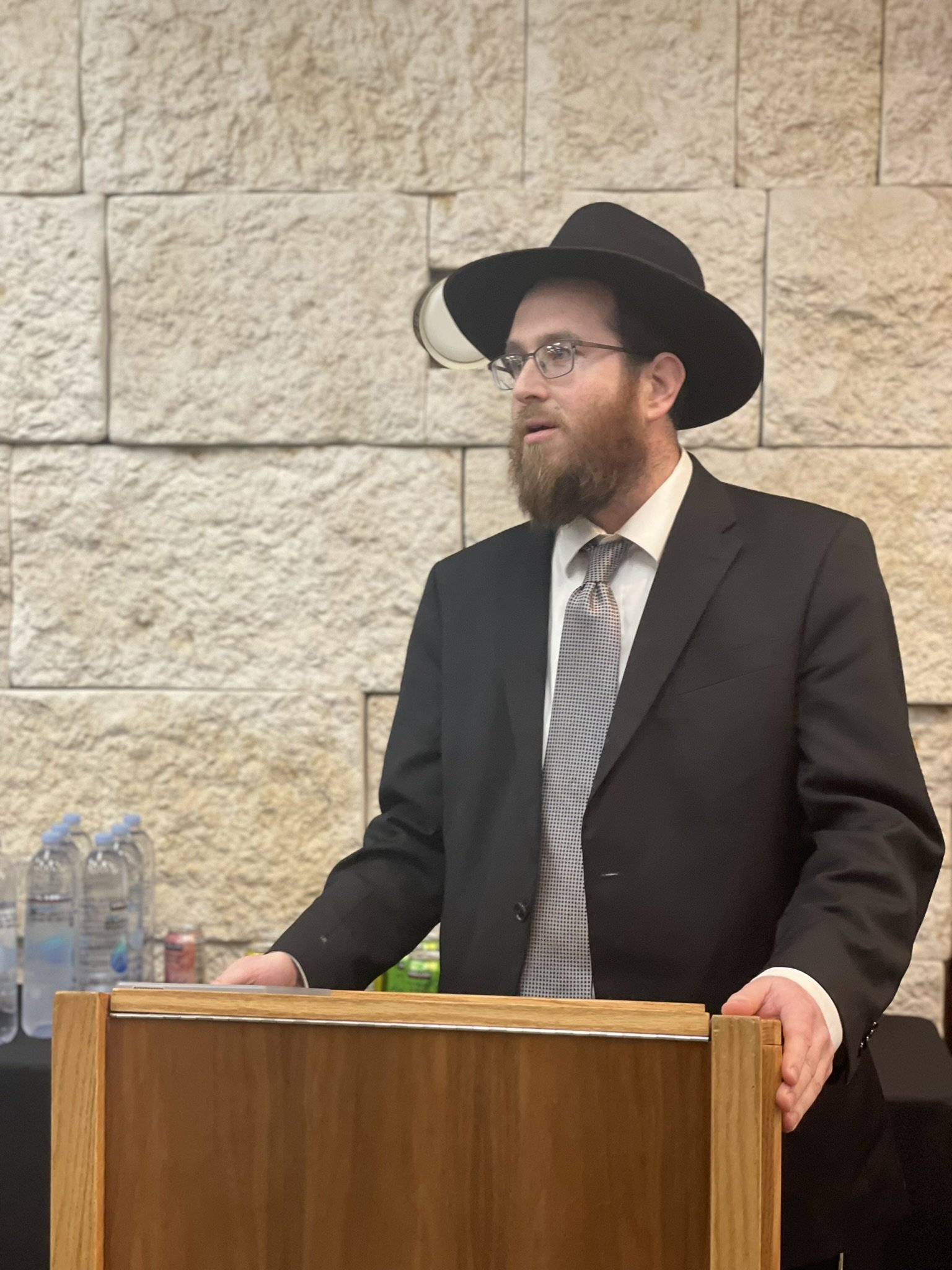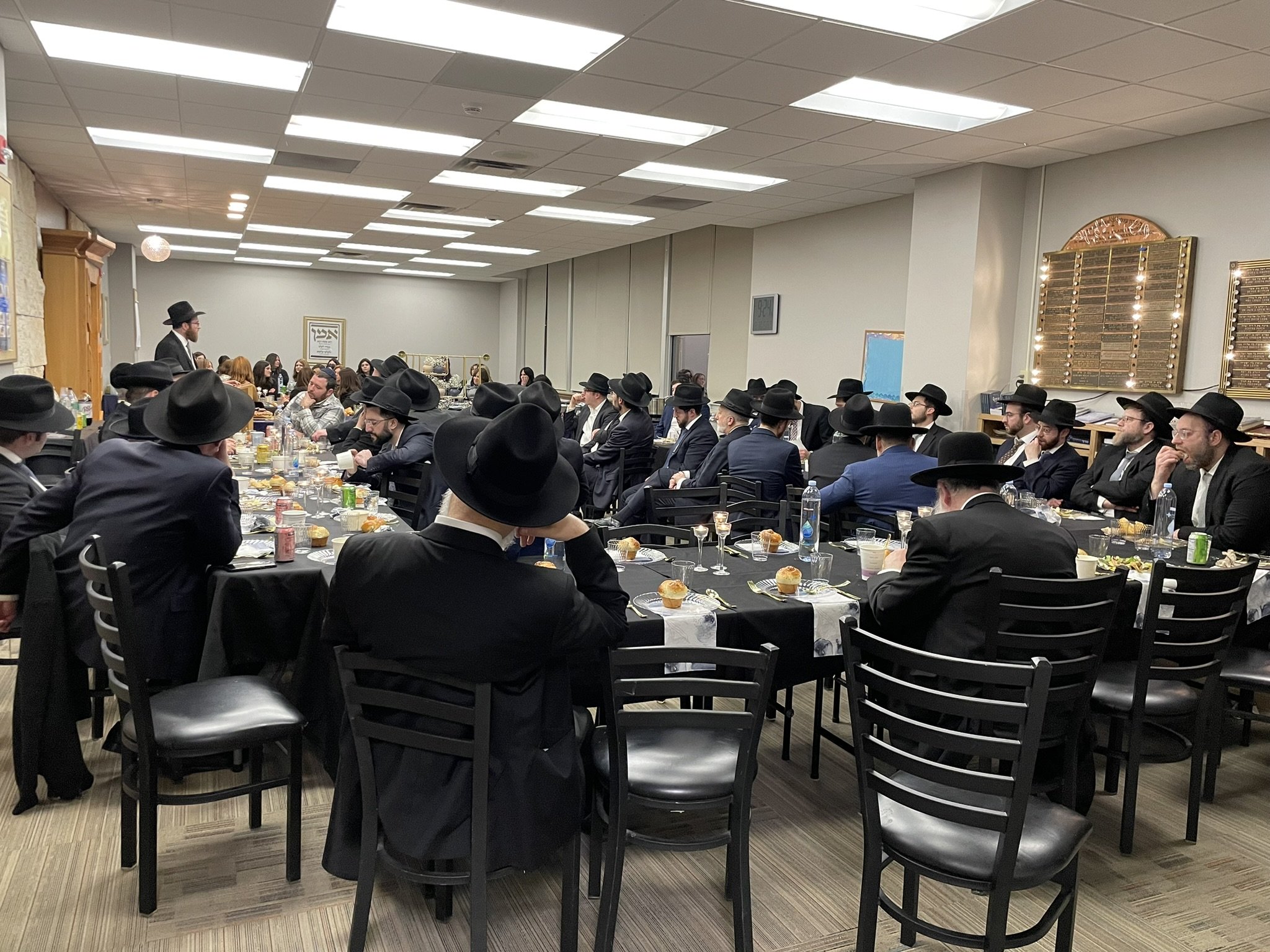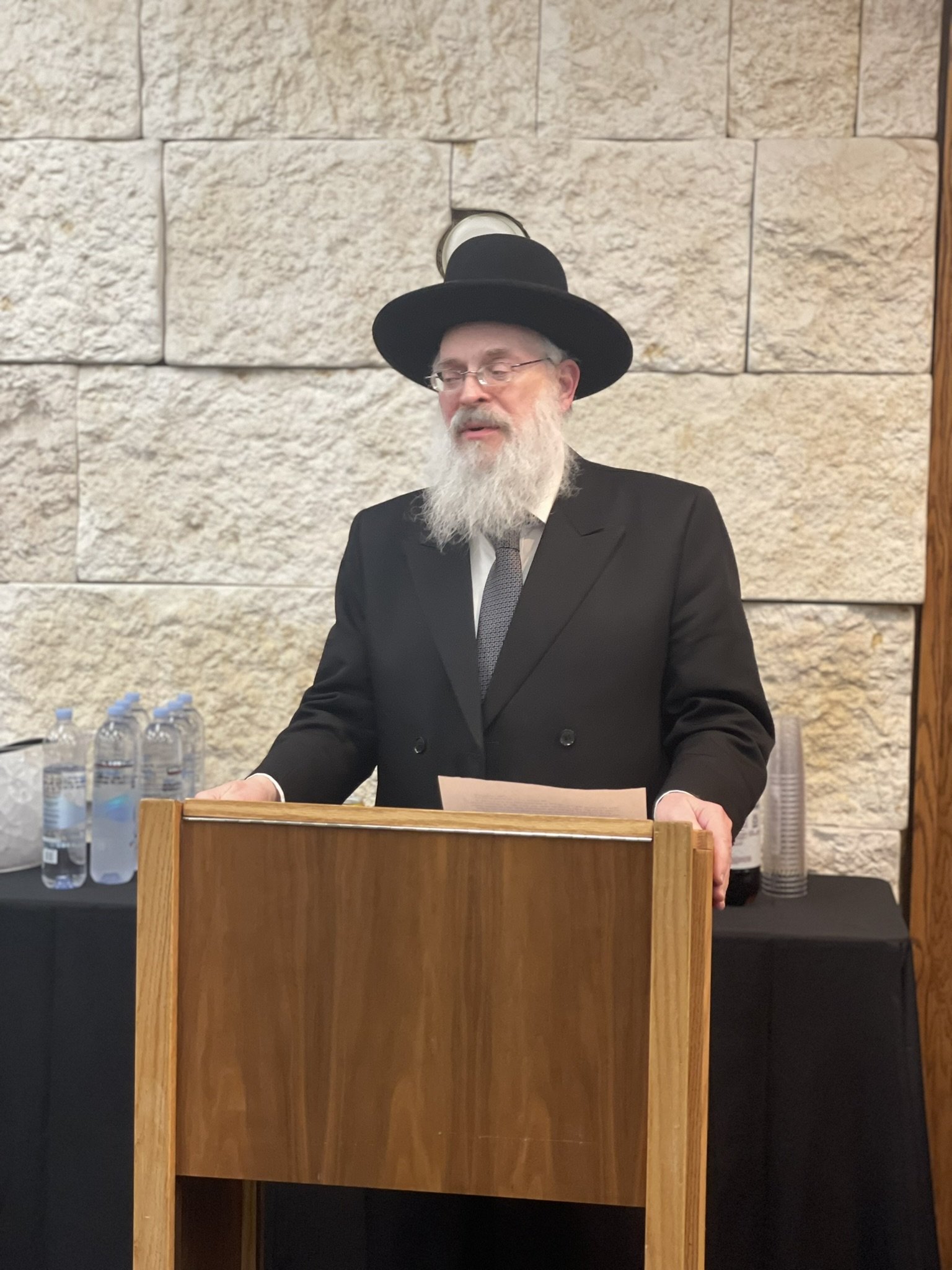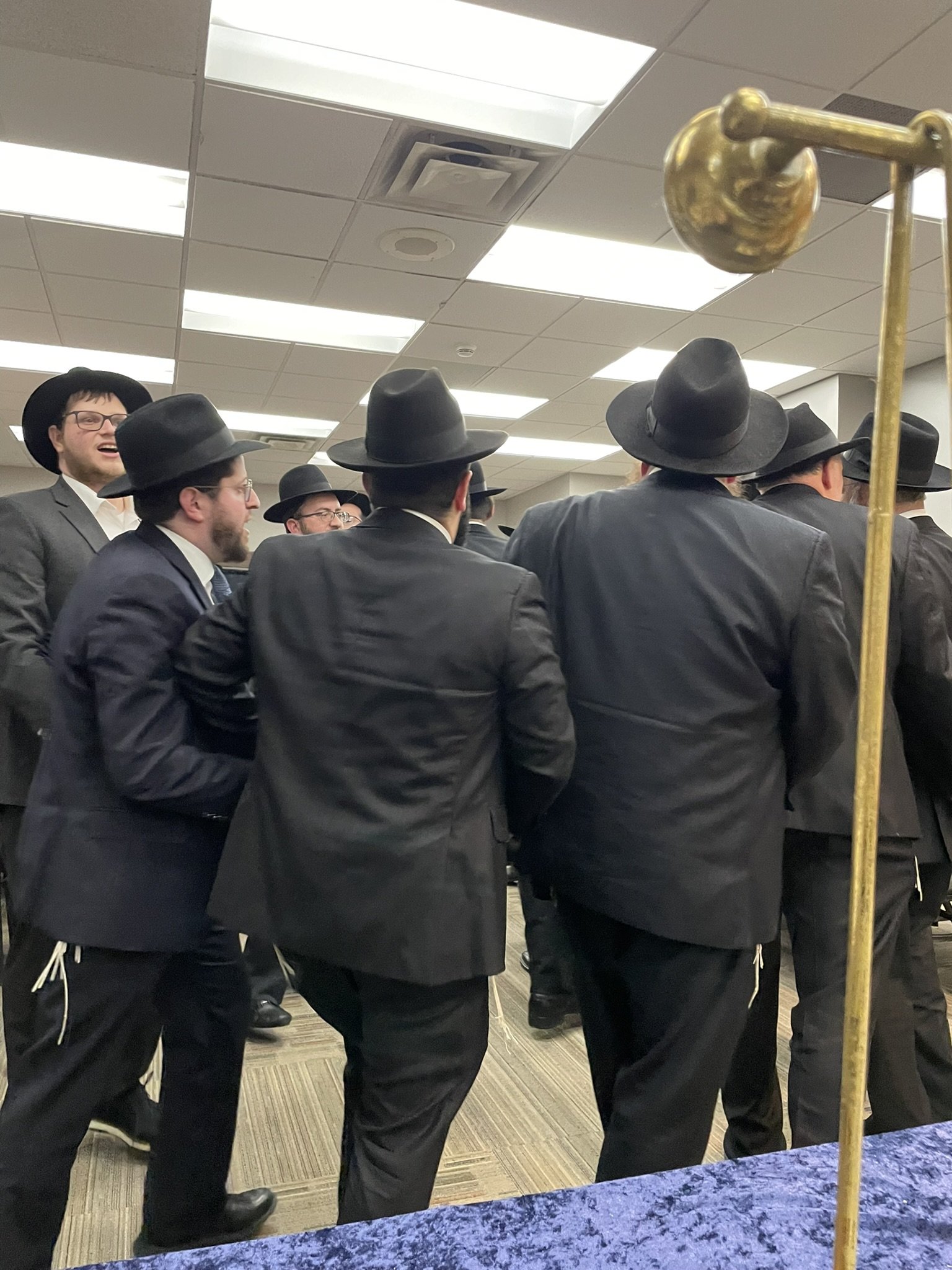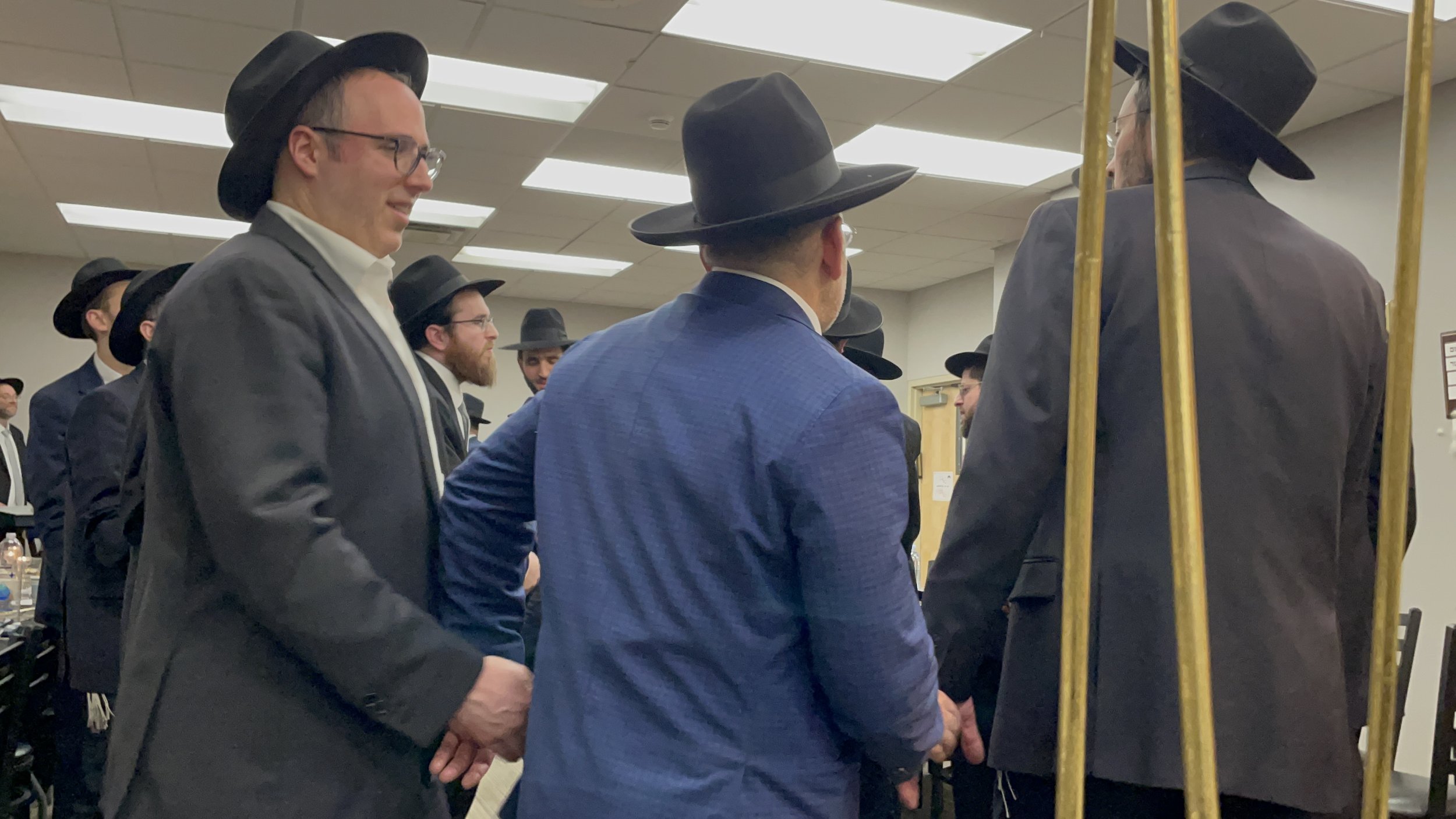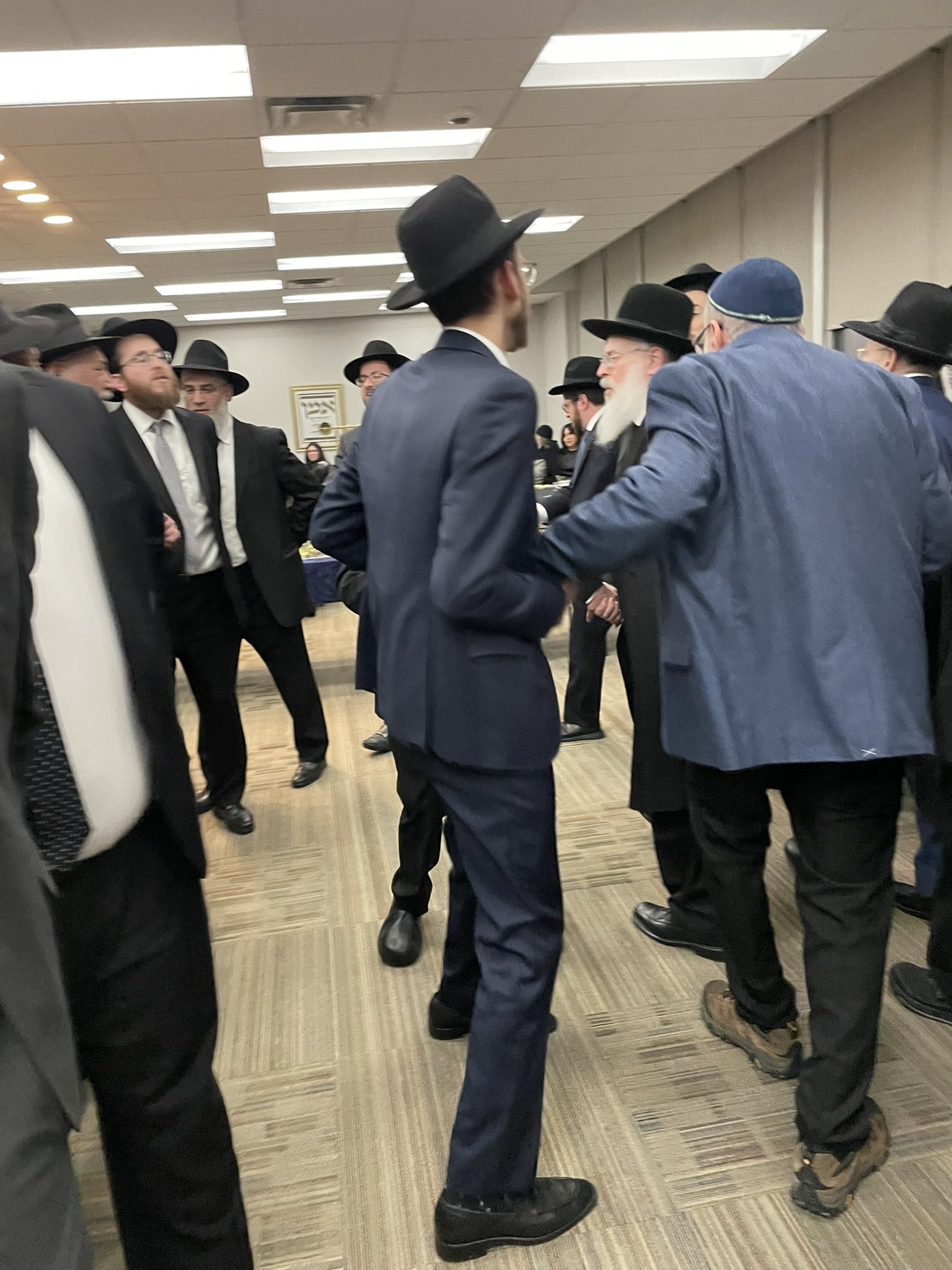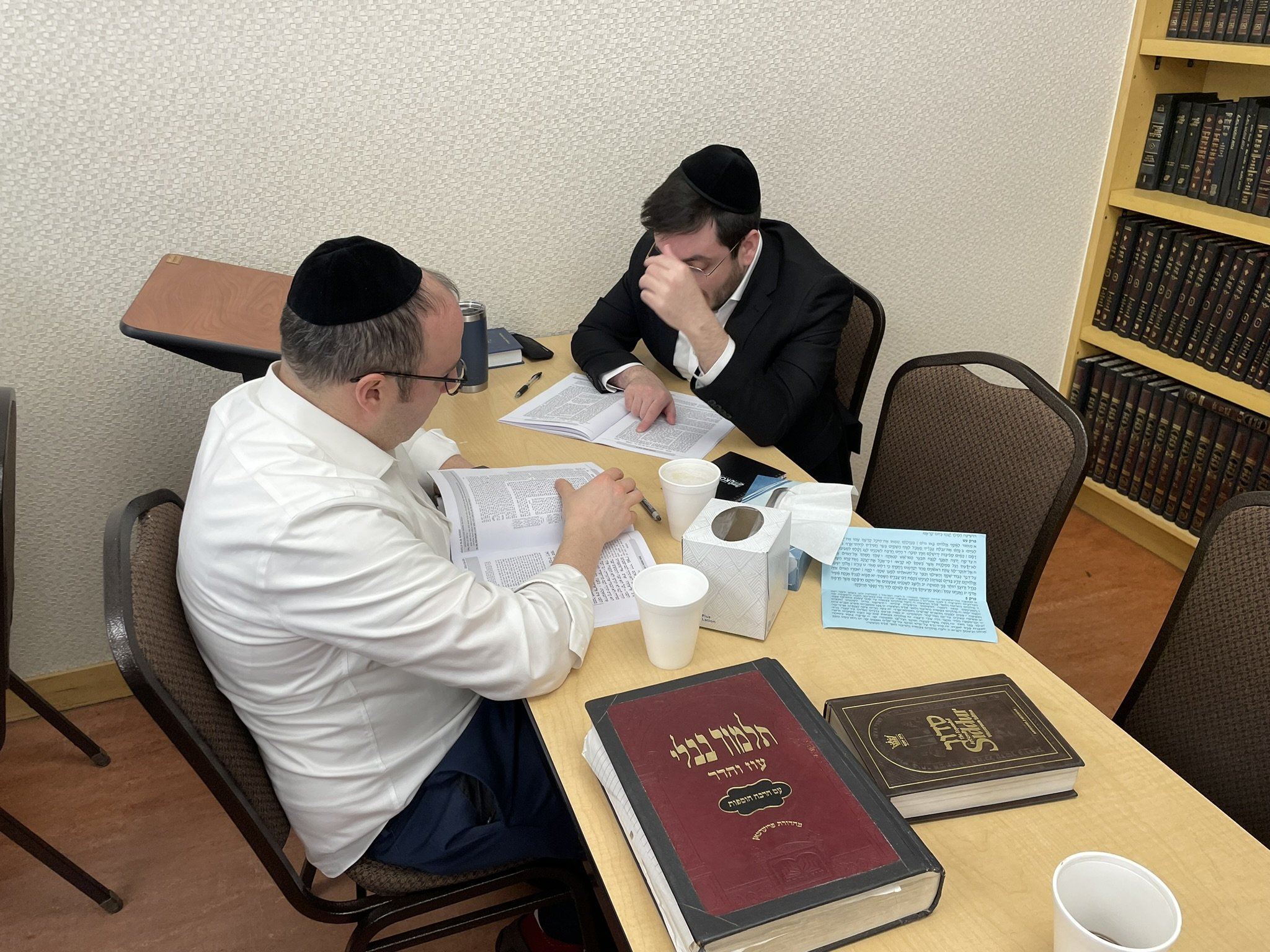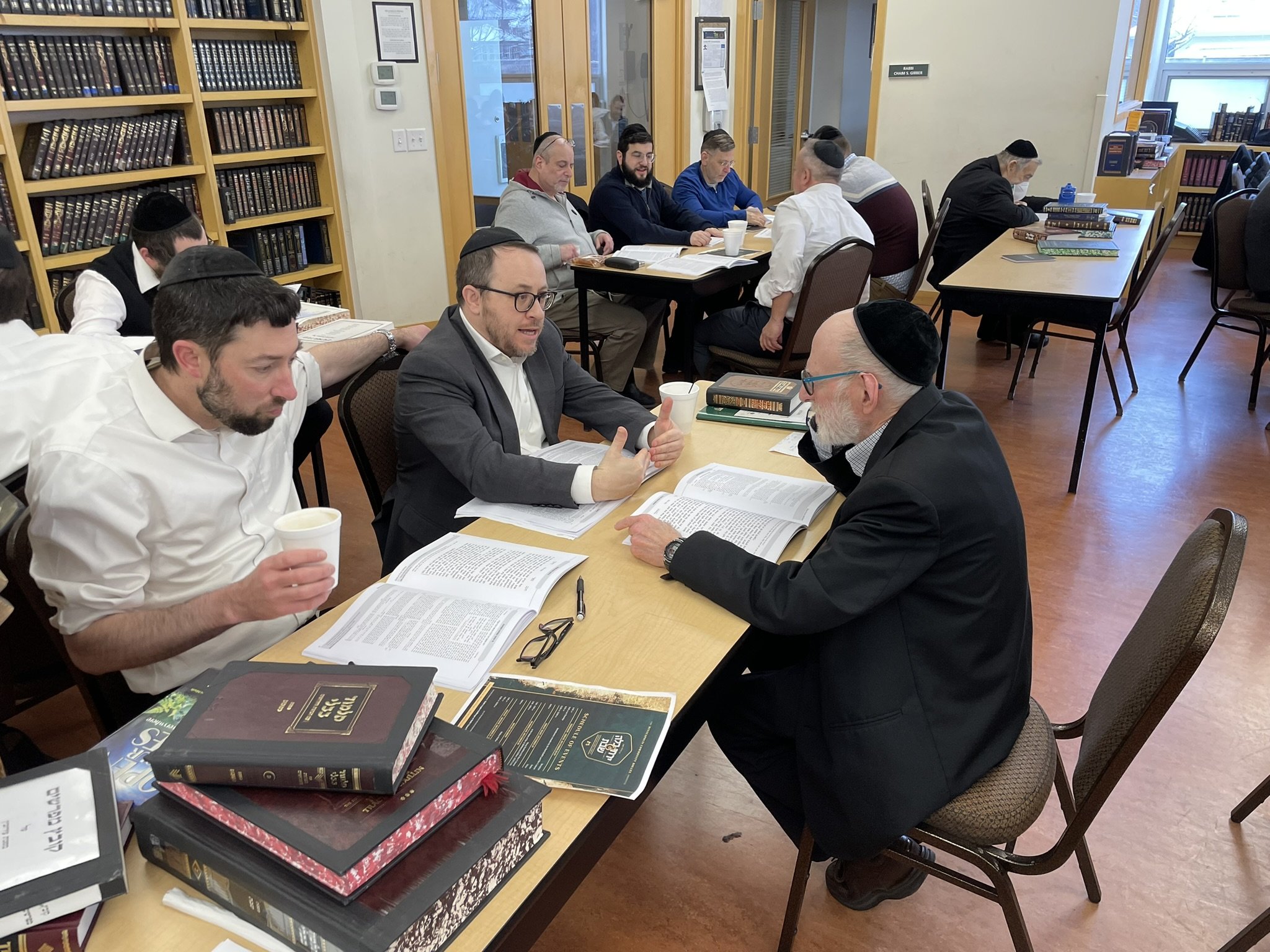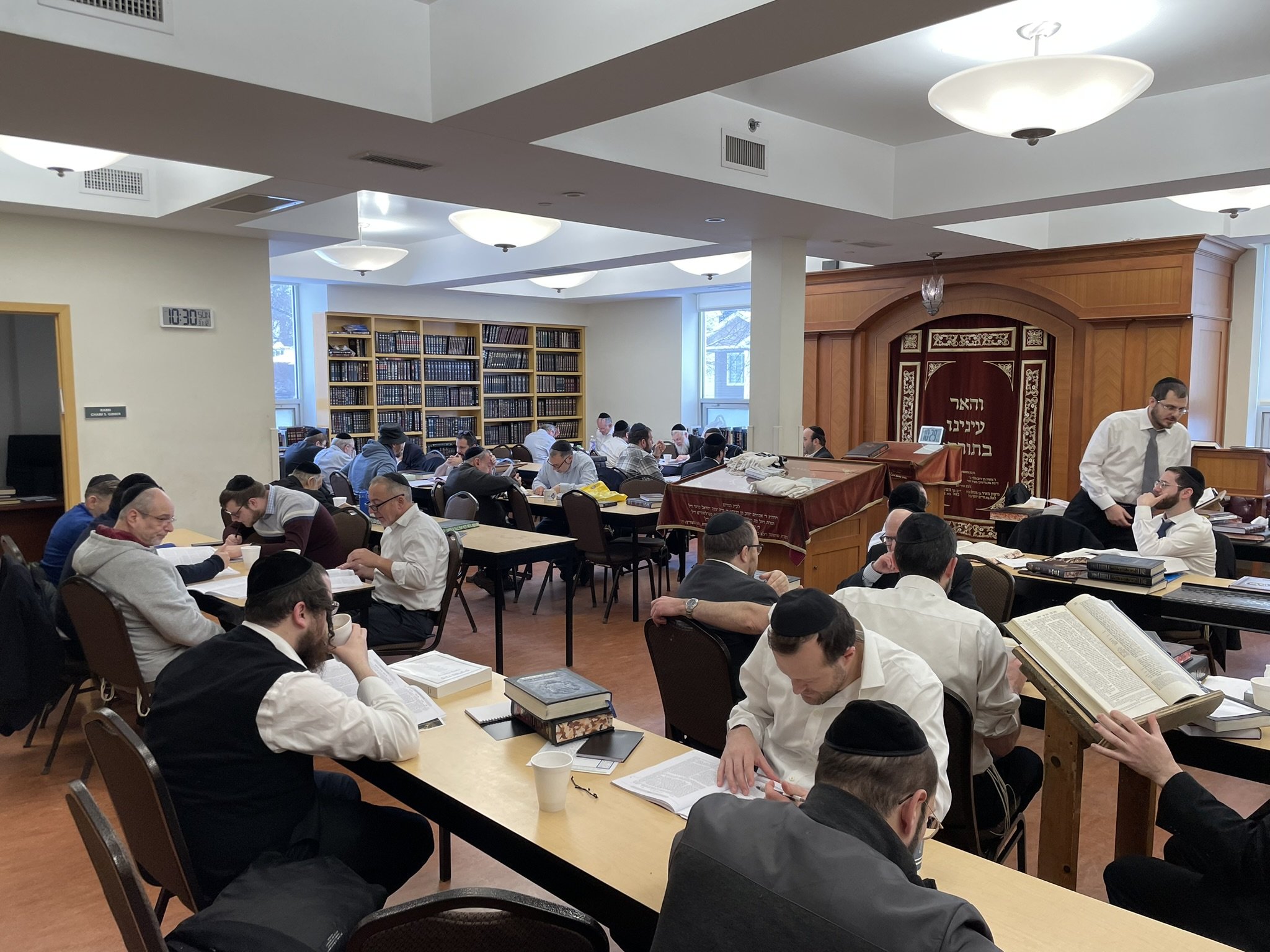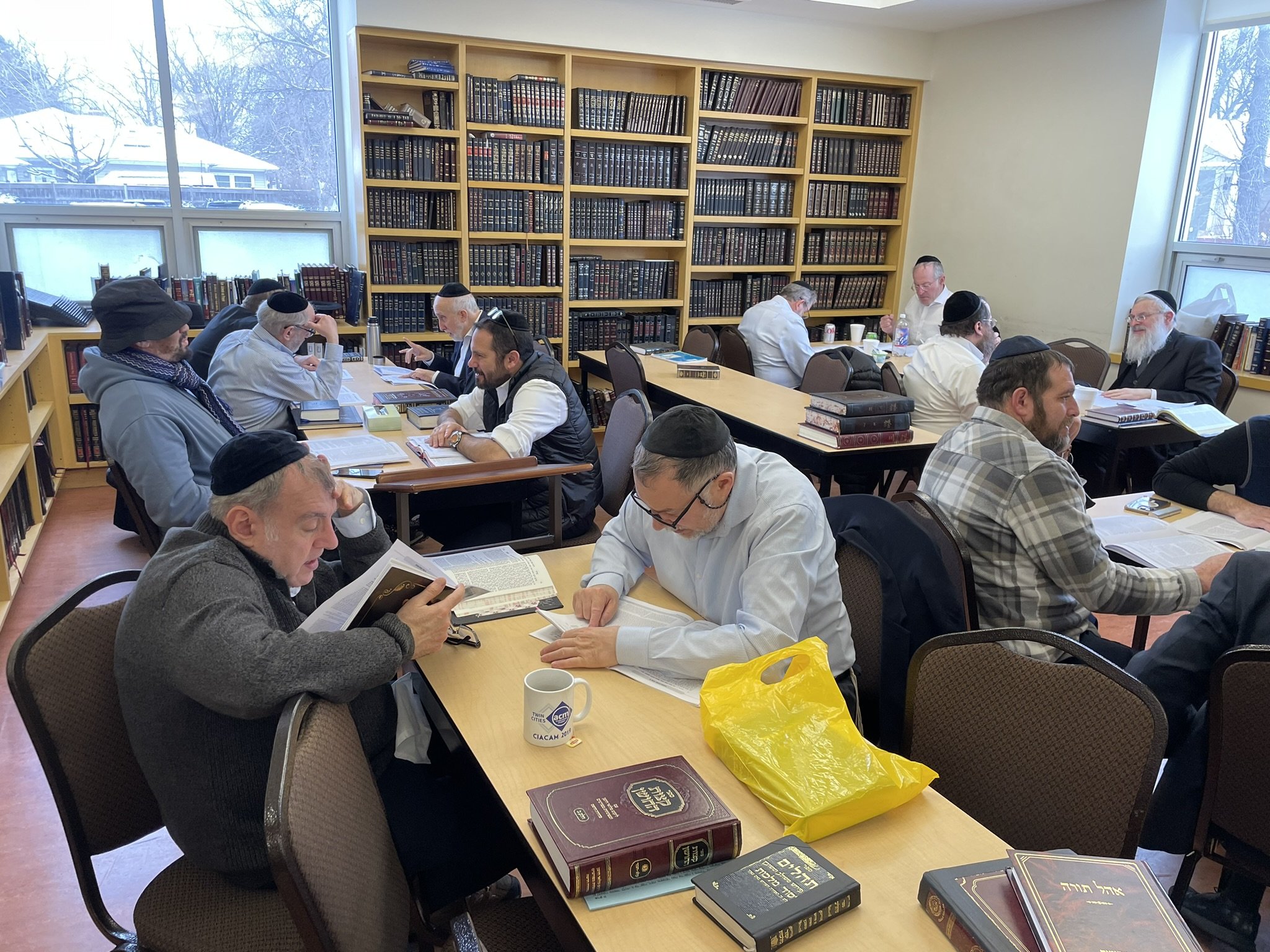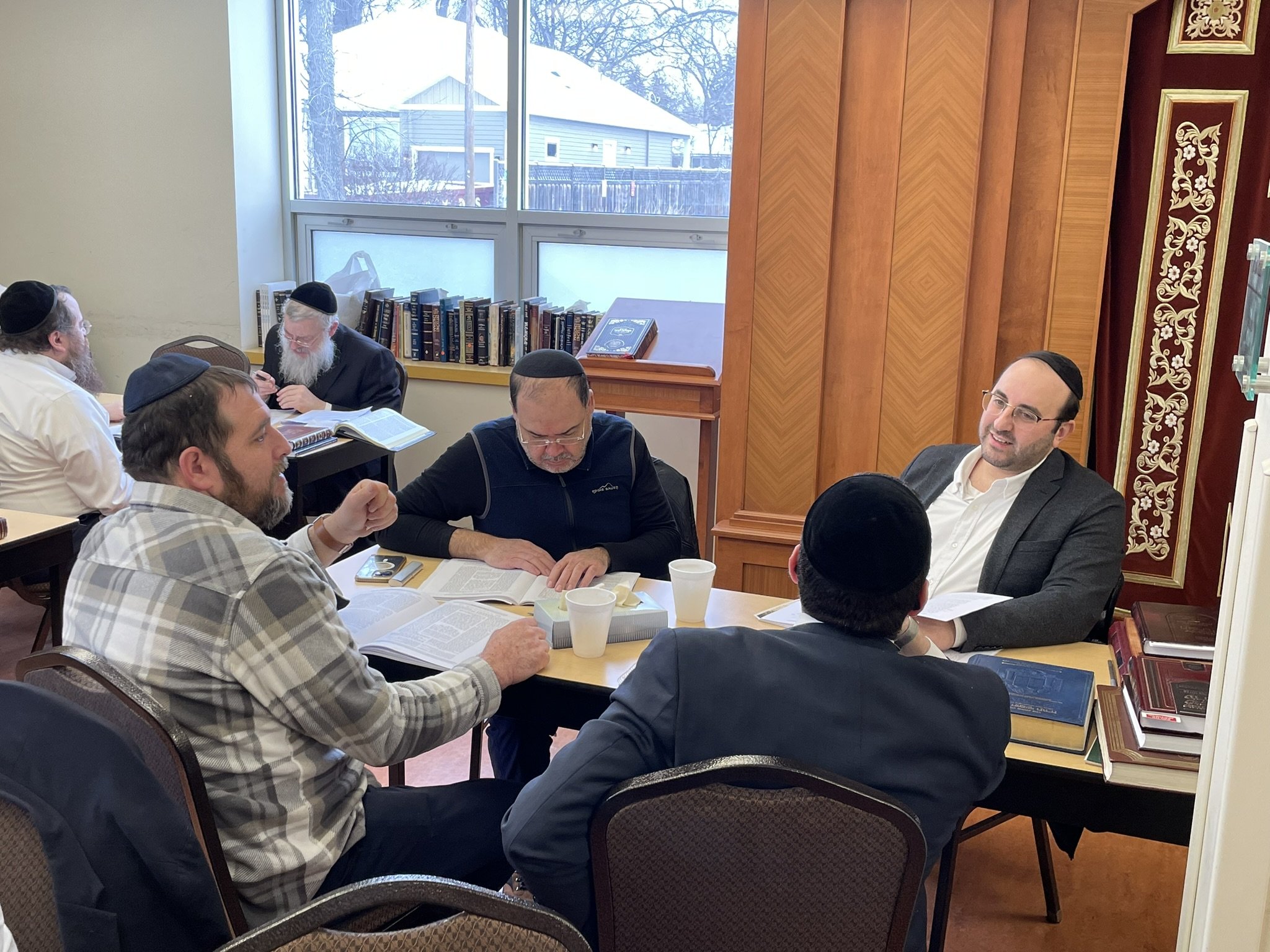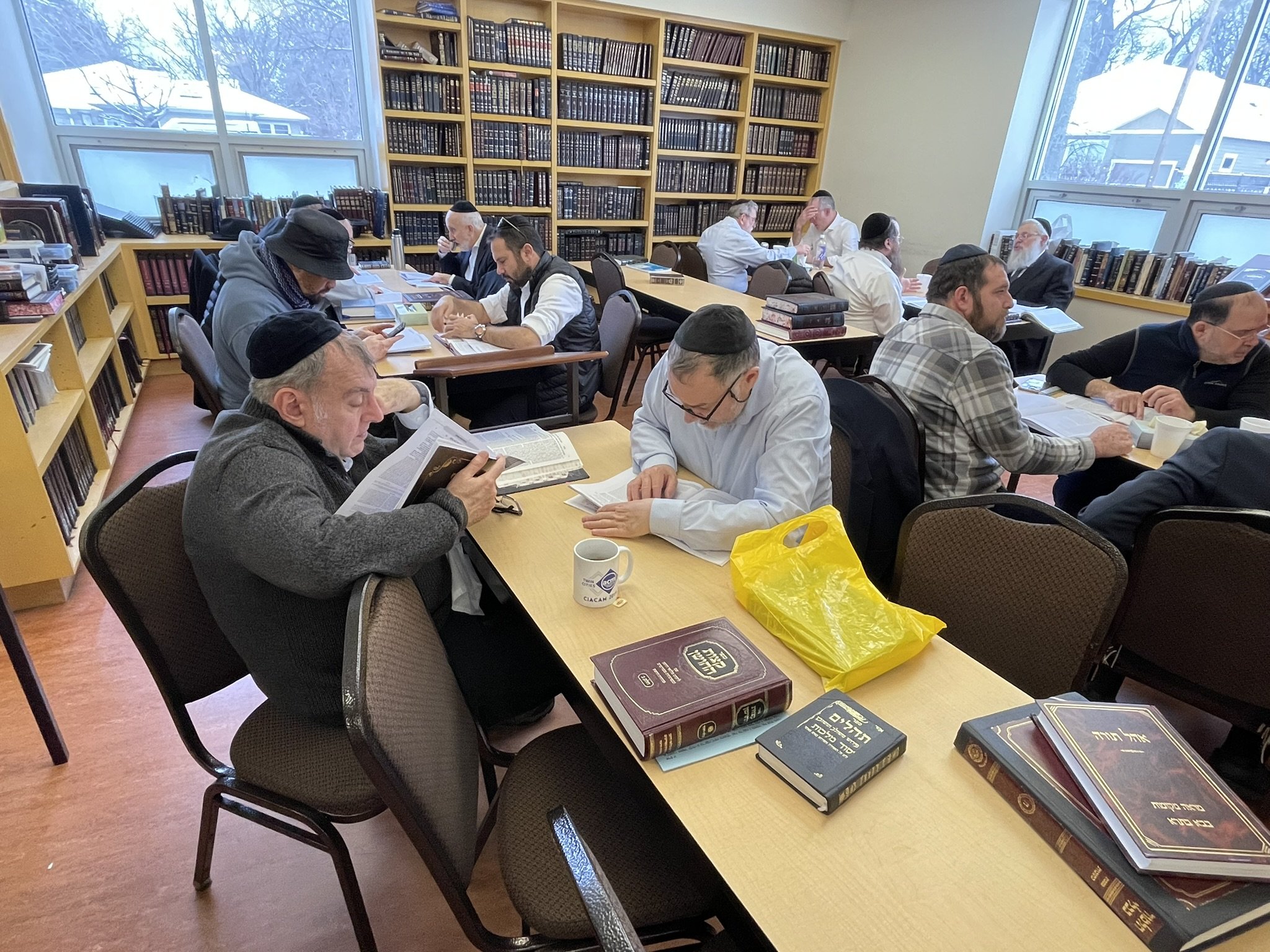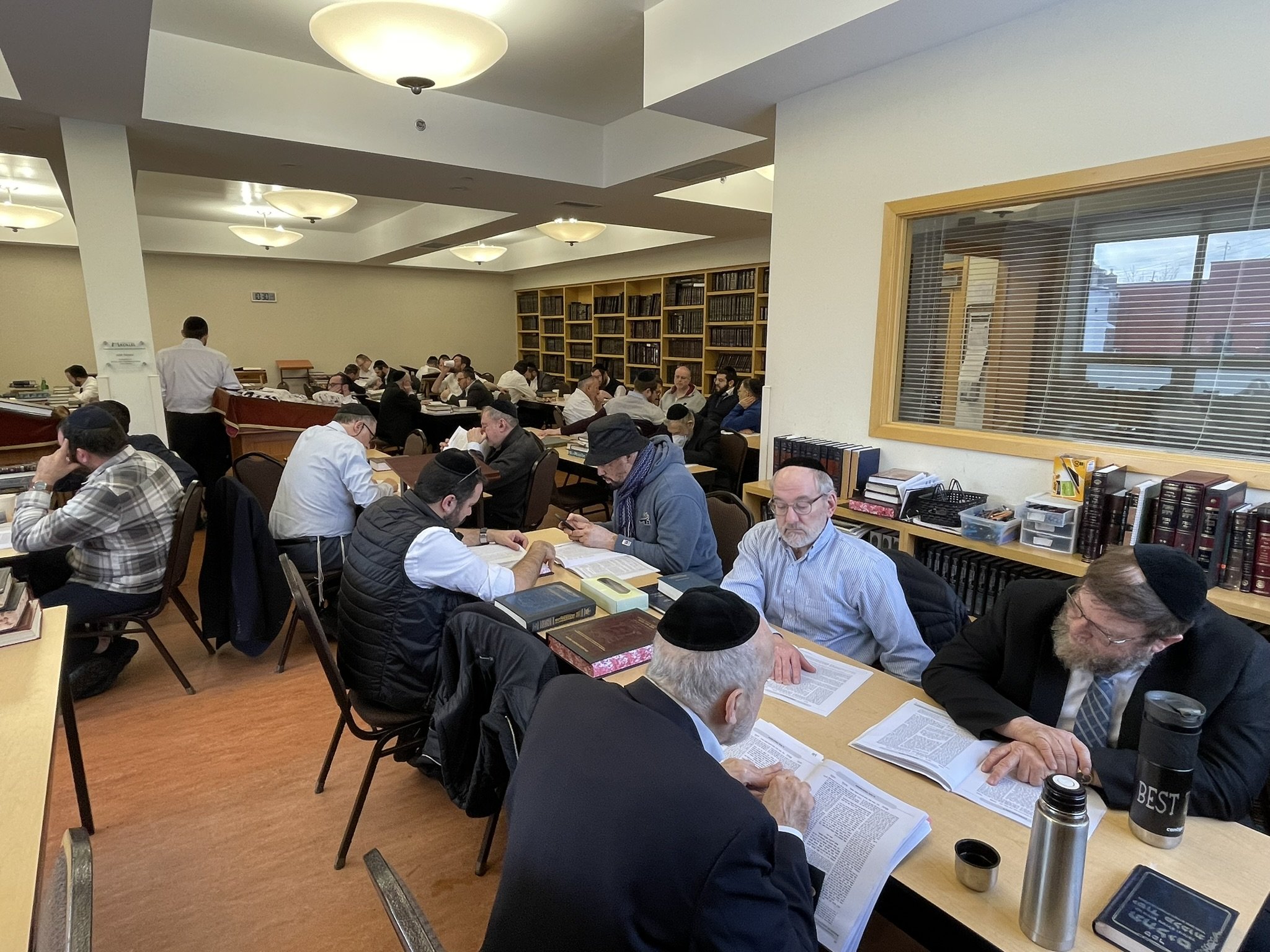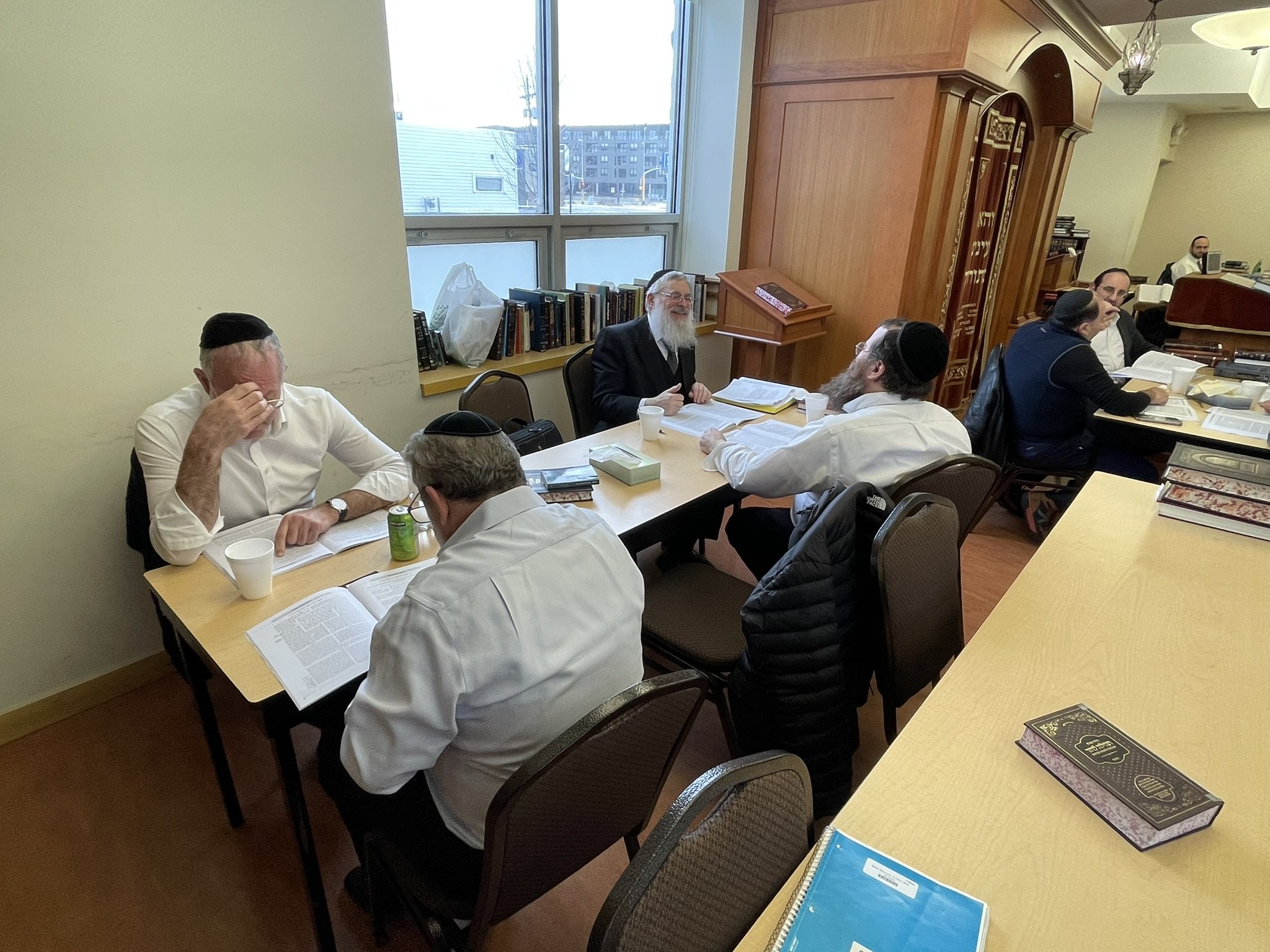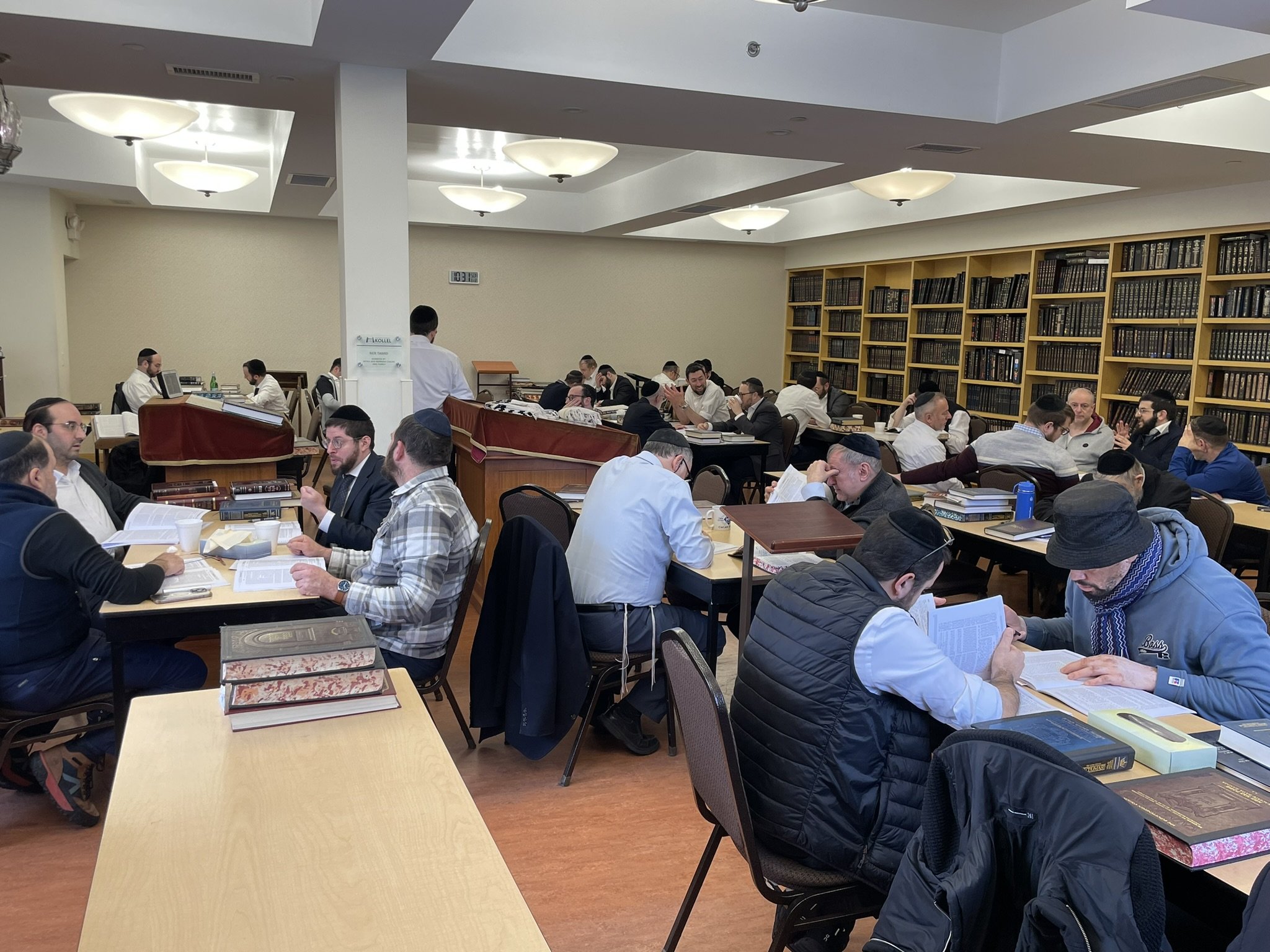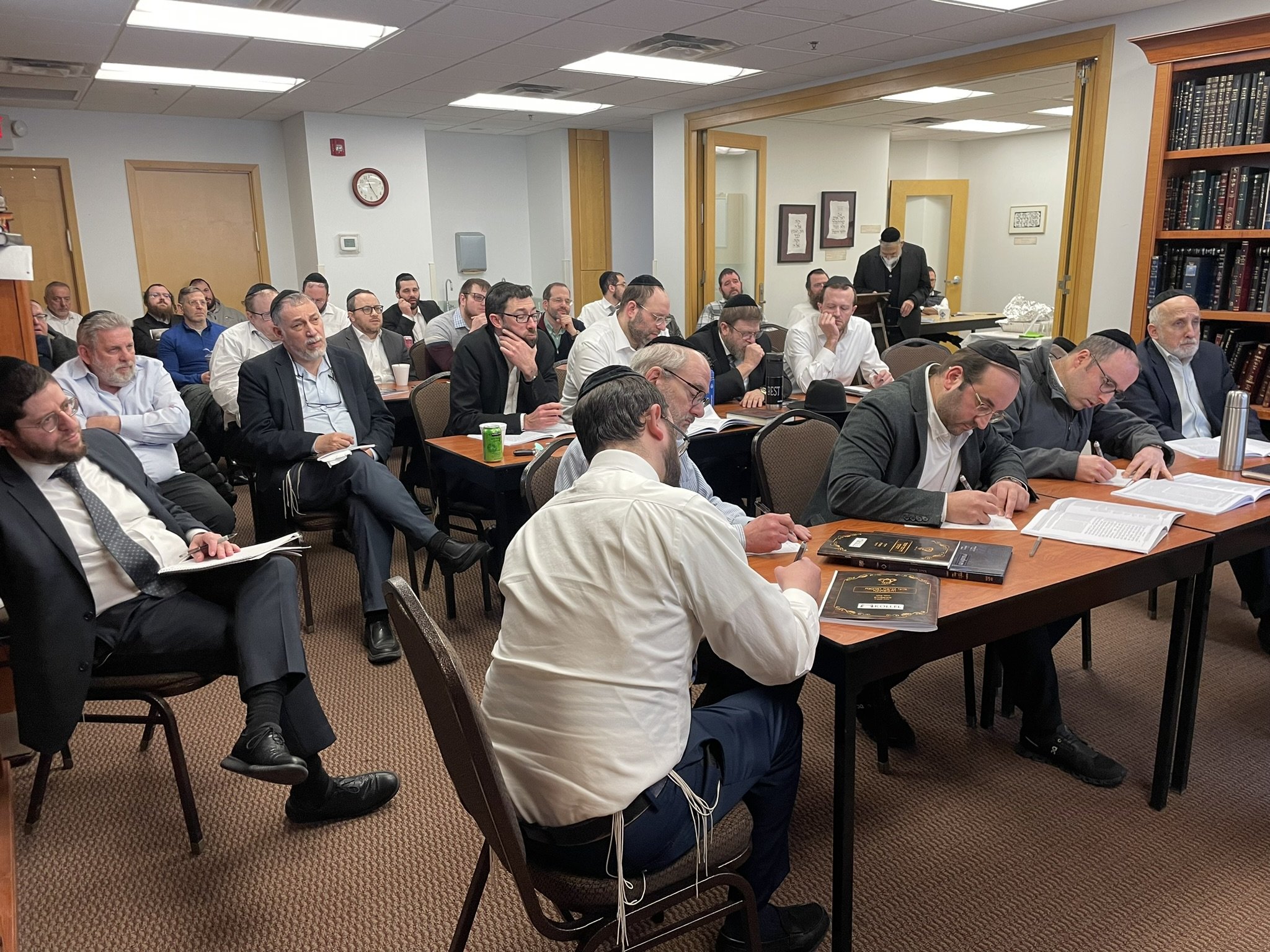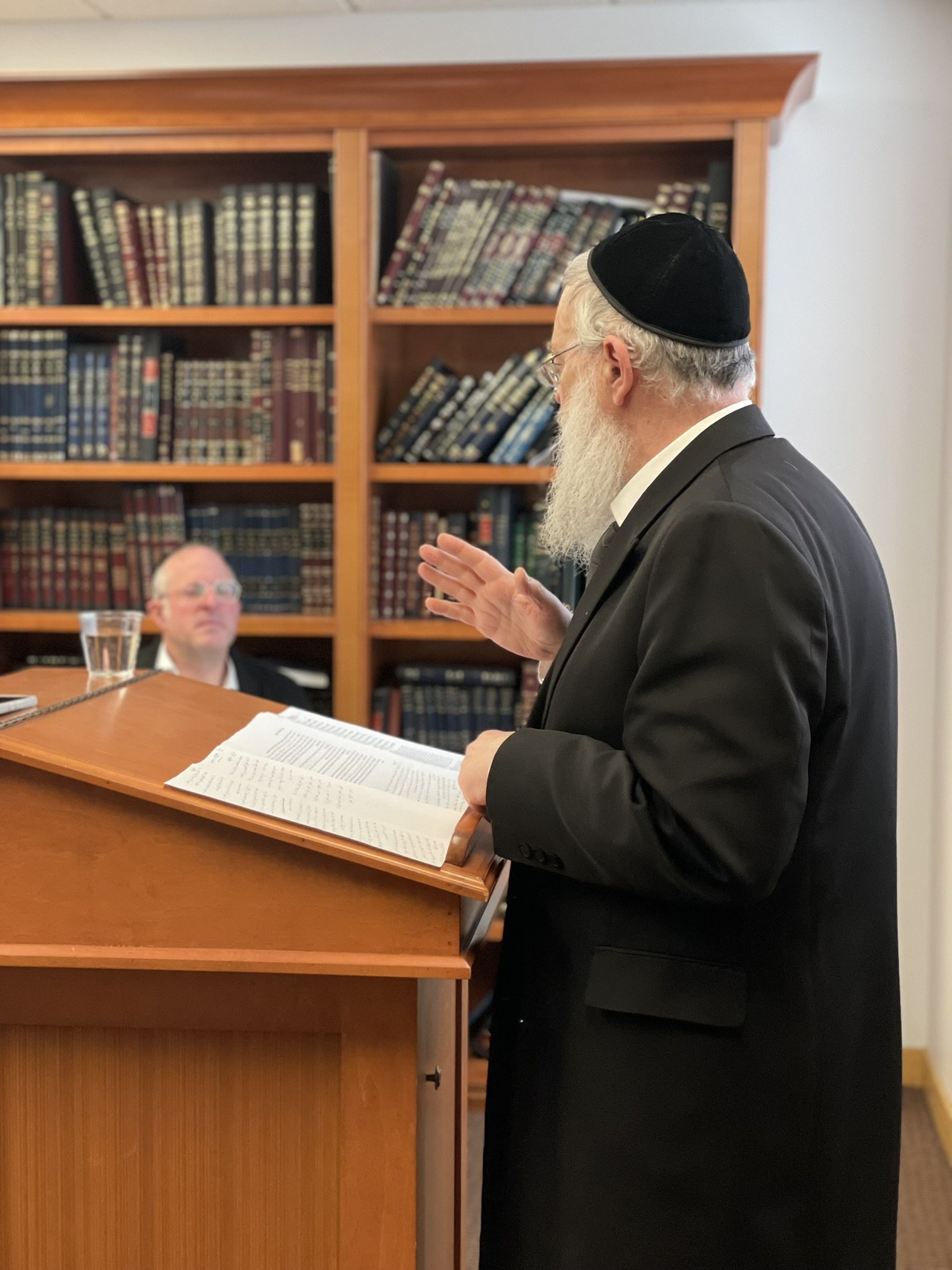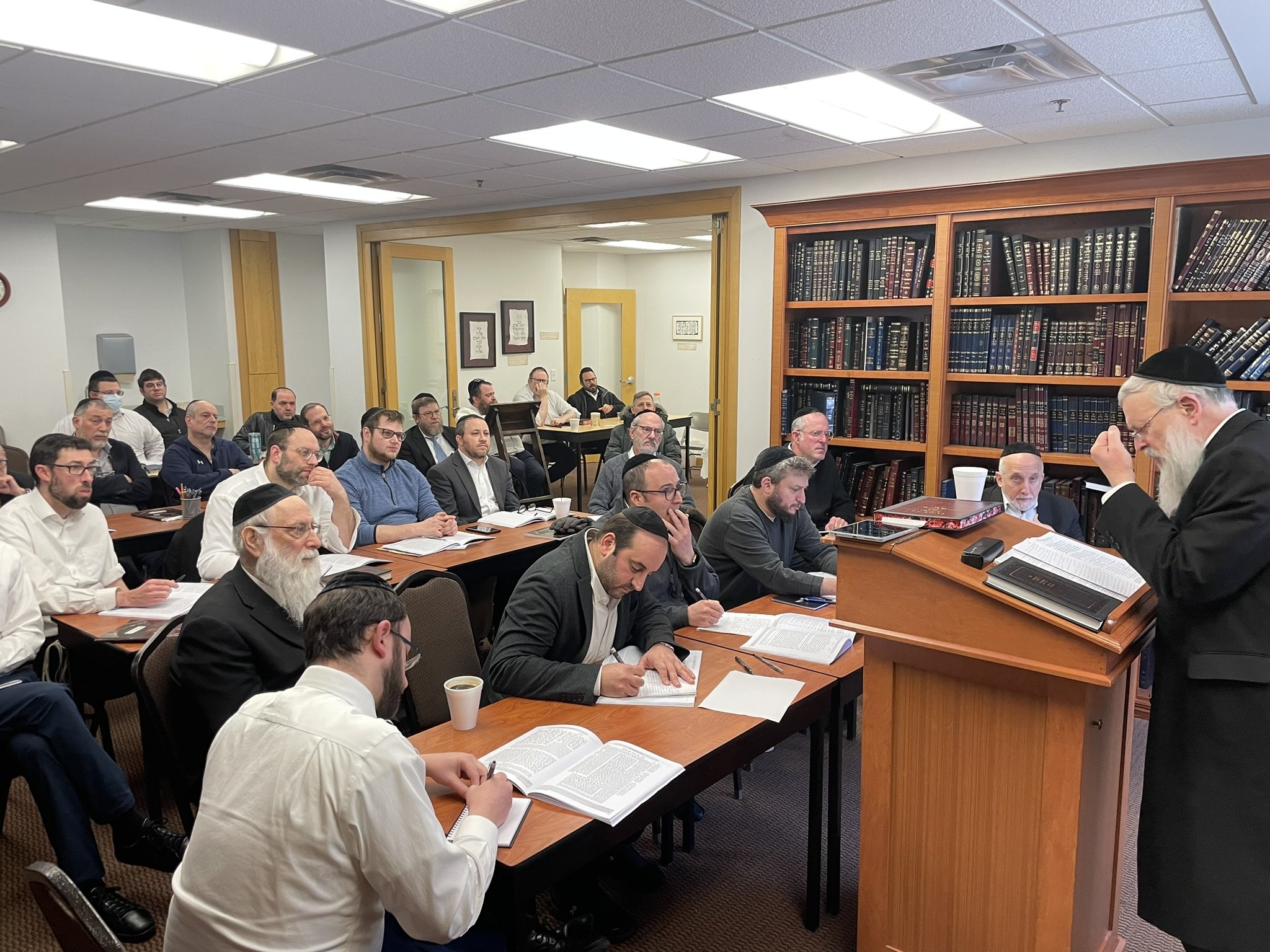The feeling here after our 4th annual Yarchei Kallah: We did it!
We unable to hold the Yarchei Kallah at its customary time of year due to the confluence with Chanukah. The question loomed: Should we stlll make it happen this year? Will we have enough attendance at a later date when most don’t take off?
The answer from the community was a resounding yes, let’s do this! We can’t miss out on the Yarchei Kallah this year.
It was the dedication of so many who took off of work or squeezed time out of their busy schedules to come learn that made this Yarchei Kallah a success. It was plain to see just how strong is the community’s connection to Torah, and especially to this type of learning- in-depth topics and shiurim of Rav Cziment that require focus and effort.
What an inspiration, what a community!
Thank you to all who made this year’s Yarchei Kallah a resounding success:
All of the participants who dedicated their time and energy;
Rabbi Yisroel Meir Ebstein for the preparations to make the Yarchei Kallah happen;
All those who contributed to sponsoring;
Mr. & Mrs. Avromi Roberts for hosting the Friday night Oneg and Parsha shiur with Rav Cziment;
Mrs. Mandelbaum, Mrs. Goldberger, and all who contributed to the Melava Malka;
and of course, Rav Ezriel Cziment for once again sharing not only his presence and his Torah with us, but his love and passion for Torah which was palpable throughout all of the many shiurim he delivered over the course of the Yarchei Kallah and Shabbos.
Thank you, and we’re already looking forward to next year!
All shiurim as well as addresses from the Melava Malka can be found at this link.
